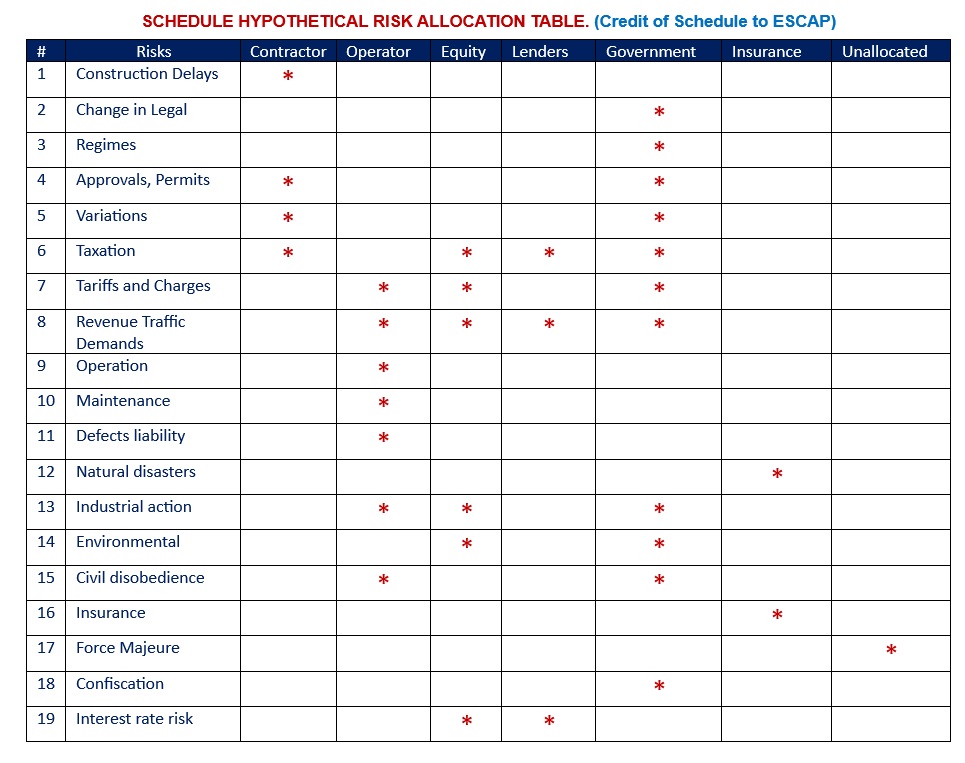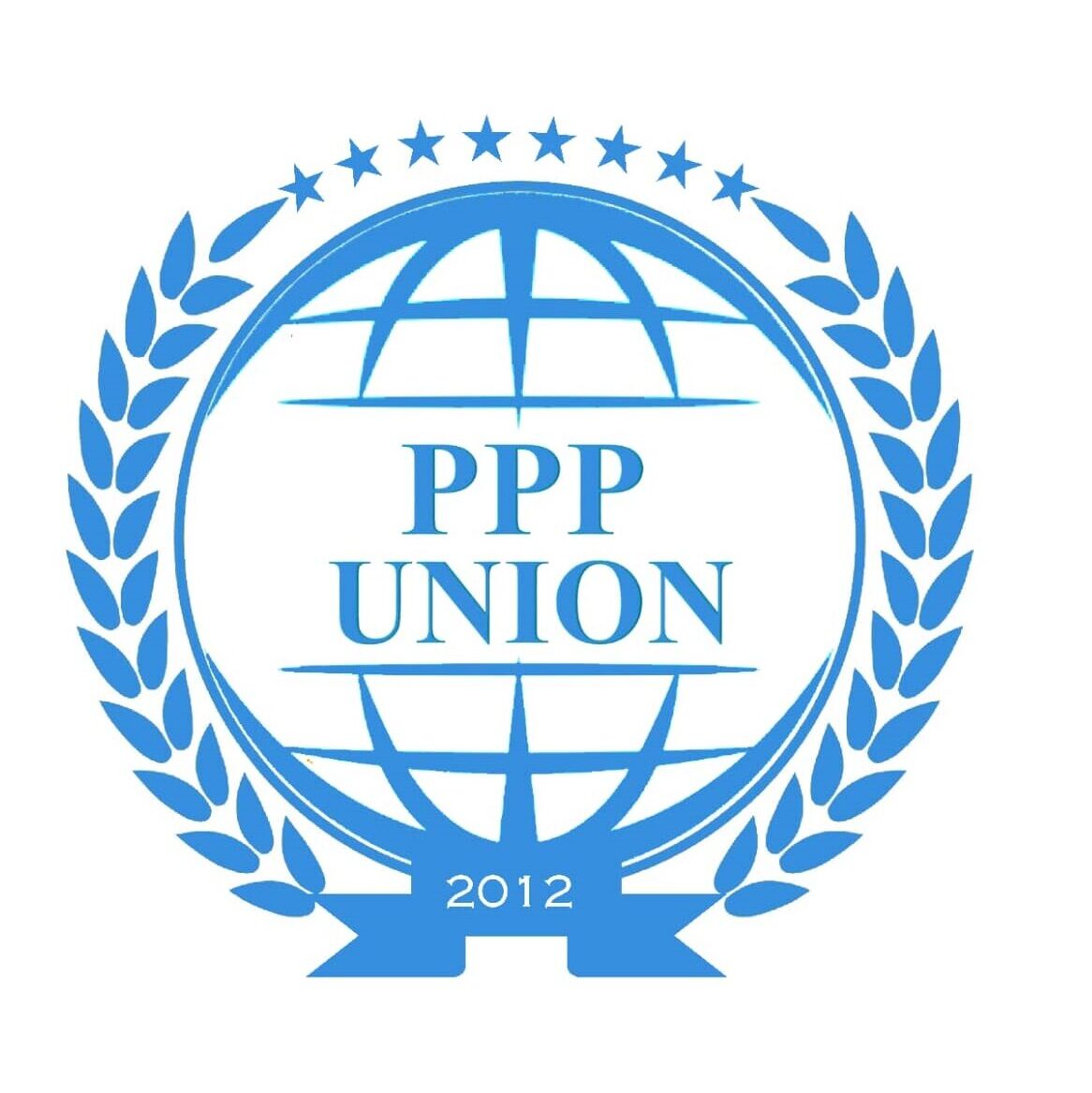The risks involved in PPP projects are of several types. Some risk factors are discussed below.
PLANNING RISKS:
The planning risks are those associated with the conducted pre-development studies (technical, legal, financial, and others) if they are inadequate or not robust enough, resulting in possible deviations from the outcomes that were planned or expected in the PPP project development.
DESIGN RISKS:
Faults in the design may lead to the asset being built but failing to meet the prescribed standards, legal requirements, or any conditions imposed by environmental or other stipulations. Such circumstances mean that the project must be altered , causing delays and, above all, cost increases. Design risks are related to any mistakes or defects in the design specifications or in the design of structural elements. If there is damage to a structural element, then it is difficult to determine whether the damage is due to mistakes in design parameters or the design itself. The design risks are generally within the control of the design contractor. Therefore, during the design phase, the design contractor should take responsibility for eliminating this type of risk.
ESTIMATING RISK:
Estimating risk involves determining the probability of the occurrence and severity of harm. The risk should be recorded in your hazard traceability matrix or risk analysis. You should do this both before risk control measures have been taken and after risk control measures have been implemented.
CONSTRUCTION RISKS:
Construction risk is the possibility that during the Construction Phase, the actual project costs or construction time may exceed those projected. Delays in completion or commissioning will also represent a loss of income.
OPERATING RISKS:
Operating risks are related to the operations and maintenance costs of the project infrastructure. In general, private parties assume responsibility for operating risks unless there is an increase due to new or increased taxes.
MARKET AND REVENUE RISKS:
The market and revenue risks are those resulting from the PPP project being unable to receive the revenue it requires from operating the assets.
LEGAL RISKS :
Legal risks can not only affect the project goals directly by themselves but also impact the PPP project indirectly through the interaction of other risk factors.
FINANCIAL RISKS
Thirdly, PPP projects are often financed with debt, which means that investors are exposed to interest rate risk and other financial risks. Contractual risk, encompassing potential losses arising from a contract, includes various factors such as financial, legal, security, operational, and brand-related risks.
POLITICAL RISK
These risks can create uncertainties regarding project objectives and goals due to the political climate or political actors. Various types of political risks include taxes, bribery, contract defaults , protests/strikes, and regulatory deviations.
NON-PERFORMANCE RISK
Non-performance risk refers to the risk that the obligation will not be fulfilled by the client or facilitator, affecting the value at which the liability is transferred. Non-performance risk includes, but may not be limited to, the reporting entity’s own credit risk.
MANAGEMENT RISK
Managing PPP agreements involves monitoring and administering the PPP contract obligations while managing the correlation between the public and private partners. The agreement management stage spans the lifetime of the PPP agreement, from the effective date of the agreement to the end of the agreement interval.
DISPUTABLE LAND RISK
Sometimes, the project area has various problems; for example, the area may not be suitable for the project, or the property documents of the project may be inadequate , or the project site may not be suitable in terms of weather.
CONSTRUCTION RISK
Construction risks in PPP projects are related to several individual factors that affect the construction of the project’s infrastructure.
ESTIMATED COST VS. REAL PROJECT COST
In most cases, the real project cost may exceed the estimated cost due to several reasons such as inefficient work , delays in agreement approvals by the public sector, modifications in design, and new taxes. Most of the time, private parties are involved with this type of risk.
PROJECT COMPLETION TIME RISK
This risk is also borne by the private parties, such as contractors, whose responsibility is to complete the project within the given time frame.



